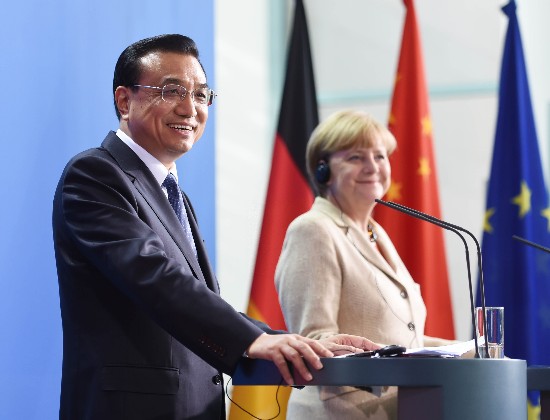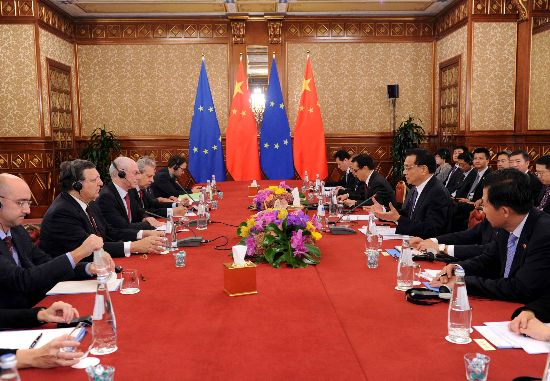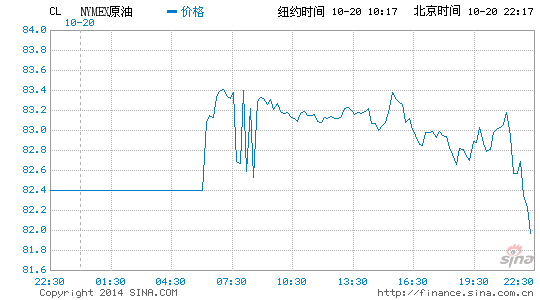They arrived at the fringes of China's modern day empire in early March, setting up base in a family planning centre with riot shields, helmets and two sharp 6ft spears propped up inside the front door.
The team of 12 Communist party officials had one key mission in this distant village near the border with Kazakhstan: to win over an increasingly disillusioned population of Muslim Uighurs.
The task before them is daunting. After a series of terrorist attacks in the Spring, it was a violent summer in Xinjiang, with bloody clashes leaving at least 96, and possibly many more, dead in Yarkand.
On July 30, the 74-year-old imam of the Id Kah in Kashgar, China's largest and most important mosque, was hacked to death by three axe-wielding men. The allegedly perpetrators, two of whom were subsequently shot dead, saw his slaying as an act of “holy war”, state media reported.
Such clashes, which have been driven partly by the lack of rights and economic opportunities for Uighurs and partly by a growing vein of Islamic extremism, have driven the Communist party to send 200,000 officials out to improve relations in the field.
"The basic idea is to visit families, build unity and bring them benefits," said one of the 12 officials in Bayandai village. "It is a project to win people's hearts and to improve the local economy and people's lives."
But there is also a second, largely unspoken task for the team, and for the rest of the officials who are fanning out across 8,000 villages in Xinjiang: to gather intelligence on the lives of the villagers and create a vast community surveillance network in this huge and troubled region.
"Nominally they are there to listen to the people," said Dr James Leibold, a specialist on China's ethnic policy from La Trobe University in Australia. "But one of the things they have also been tasked with is surveillance."
The teams have been told to interview each household in their village and compile detailed reports on their employment status as well as on their observance of Islam, noting down, for example, whether the women wear veils and the men have beards.
Helmets and shields stacked on a shelf at a local clinic in Bayandai
The "Visit, Benefit, Come Together" campaign began earlier this year after a spike in violence and terrorist attacks that has now spread beyond Xinjiang’s borders into other parts of China, including its capital.
After locking down the region's major cities, with steel barricades on the streets and constant police patrols, Beijing now wants to secure Xinjiang's vast countryside.
The attempt to get "eyes and ears on what is going on" in the vast countryside of Xinjiang showed China's leaders felt they had lost control over what was happening there, Dr Leibold said.
"I think there is a realisation that they took their eye off Xinjiang. They seem a bit surprised by the growing religiosity that has occurred," said Dr Leibold.
The project appears to be modelled on a similar but smaller program in Tibet that saw around 20,000 officials sent into the field between 2011 and 2013.
Since they arrived in Bayandai village (pop. 4,000) in March, the officials have cleared a landfill site from a nearby pasture, improved public transport for local children, helped a local man set up a restaurant and started Chinese classes for local teenagers, according to government propaganda.
The mostly Uighur villagers have mixed impressions of their guests. "It is good to have them here. They come twice or three times a week. They help the poor families," said one Uighur shopkeeper.
"I have no idea what they have done or might be doing,” said another Uighur man. "I have never met them.”
Daily life on the streets of Bayandai
A Han Chinese resident pointed out that most villagers, including himself, had no love for the local government. "For villagers the government's words are just nonsense," the man said. "The government has never done anything practical to help the people."
"I have never even seen a member of the group in our village. Not ever," he added.
He scoffed at claims the government was helping renovate local homes. "Perhaps one out of every 100."
Henryk Szadziewski, an activist who has lived in southern Xinjiang, said there were concerns over the potential for conflict between the teams and villagers who already regarded officials with "fear and mistrust". Some officials sent to the countryside were "unable to speak Uighur and are unfamiliar with the local conditions".
Other pro-Uighur activists were more scathing. "It is 200,000 police without uniforms," said Dolkun Isa, the secretary general of the World Uighur Congress who has lived in exile in Germany since 1997.
"They go to these areas and do not bring any benefits. The only purpose is political: to control the people."
Dr Leibold said it was too early to gauge the project's impact but said troubling accounts were already emerging.
"There are some reports of people going and reporting women with veils, entering homes and de-veiling women," he said. "I'm a bit pessimistic about it. The quality of some of these officials at a local level is pretty poor and they tend to inflame tensions."
Such heavy-handedness is already on full show in Bayandai. A CCTV camera and a temporary police station have been positioned directly in front of the village mosque and a blue sign next to its entrance says under-18s are forbidden from stepping inside.
Posters pasted onto the facades of many homes warn that women face fines or detention if they wear veils. Those who insult women in "modern clothes" will also face sanctions.
On a recent morning Gulimila, the Uighur Communist Party chief responsible for Bayandai, toured the village in preparation for an "ethnic unity" inspection from officials in Yining, the regional capital.
A local party chief inspects Bayandai Village
Wearing a dress as red as the Chinese flag, Gulimila said she did not have permission to discuss the area or the arrival of the "grassroots" team.
In an interview earlier this year, the regional Communist Party chief said the scheme would help thwart terrorist activities and extremist thought as well as eliminating "backward and stupid thinking among the people".
"We should not leave out a single village in a town, a single household in a village, nor a single resident in a household," Huang Sanping added.
Civil servants say the project will also benefit local officials by offering them guidance from more experienced and better educated outsiders.
"Most village officials don't have a high level of education and can't read Chinese so it is hard for them to understand government documents and pass those messages on to the people," said one.
But a poster inside the group's temporary HQ outlined Beijing's fears over these villages in Xinjiang, where tensions between Uighurs and a growing number of Han Chinese migrants are on the rise.
"The village has quite a few religious venues, a big migrant population, a large number of people with no source of income or without the ability to work and a large number of unemployed youth," read one section, under the heading "social stability analysis".
"The social situation is quite complicated," it concluded.












